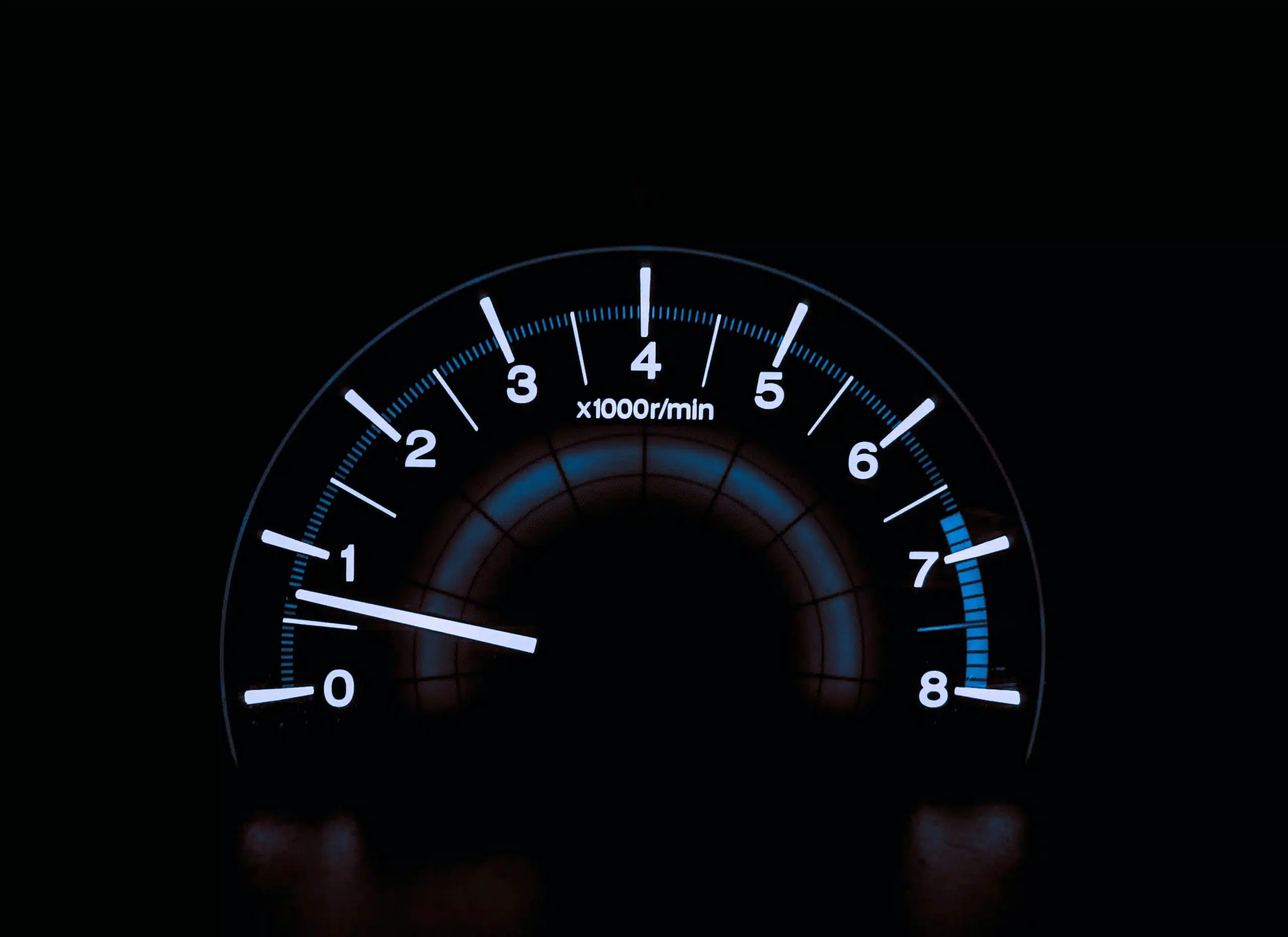Choosing Between Open and Enclosed Trailers for Interstate Car Transport

When moving a car across Australia, selecting the right transport is essential. Open or enclosed trailers? Each has distinct benefits and challenges. Mia, who moved from Perth to Melbourne, shares, “I weighed my options carefully to make the best choice for my car.”
Understanding Open Trailers for Car Transport
Open trailers are a popular option for transporting cars. They are typically large, multi-level trucks that carry vehicles exposed to the elements. “Open trailers are a practical choice for many types of vehicles,” explains Jack, a transport driver with extensive experience. He’s seen various cars, from family sedans to SUVs, transported successfully on open trailers.
Open trailers differ from enclosed trailers in several ways. The most obvious is that they are open to the air, which means the vehicles are exposed to weather conditions and road debris. However, this also allows for greater capacity; open trailers can transport more vehicles at once compared to enclosed trailers. This higher capacity often translates to cost savings for the customer, as the transport service can move more cars in a single trip.
Advantages of Open Trailers for Interstate Car Transport
Open trailers are generally more affordable than enclosed trailers. “Choosing an open trailer was cost-effective for transporting my car,” recalls Sarah, a customer who moved from Brisbane to Sydney. Besides being lighter on the wallet, open trailers are more readily available and offer greater flexibility in scheduling due to their higher capacity.
Disadvantages of Open Trailers for Interstate Car Transport
The main disadvantage is exposure to the elements. Tom from Perth says, “My car arrived with a layer of dust and needed a wash, but the savings were worth it.” There’s also a slightly higher risk of minor cosmetic damages due to road debris or weather conditions during the journey.
Understanding Enclosed Trailers for Car Transport
Enclosed trailers provide a higher level of protection, shielding vehicles from external elements. “For my classic car, only an enclosed trailer would do,” states Lisa, a car enthusiast. This option is akin to moving a vehicle in a mobile garage, offering peace of mind, especially for high-value or classic cars.
Advantages of Enclosed Trailers for Interstate Car Transport
Enclosed trailers offer superior protection from weather, dust, and potential theft. George, a car collector, shares, “My vintage car was safe from road dust and weather.” The added security and protection can be crucial for luxury, classic, or particularly sensitive vehicles.
Disadvantages of Enclosed Trailers for Interstate Car Transport
Enclosed trailers are typically more expensive. “The extra cost was a factor, but necessary for my car’s safety,” explains Emily, a sports car owner. Additionally, these trailers have limited capacity and availability, requiring advanced booking.
Factors to Consider When Choosing Between Open and Enclosed Trailers
Your decision should factor in the vehicle’s value, potential weather conditions during transit, and budget considerations. Enclosed trailers provide more protection, while open trailers are more economical. “I chose an open trailer for its cost-effectiveness,” adds Mark, another customer. For guidance, visit Transport Options Australia.
Cost Comparison of Open and Enclosed Trailers for Interstate Car Transport
Cost is a significant factor in deciding. Open trailers generally offer a less expensive option. In contrast, enclosed trailers, though pricier, provide enhanced protection for your vehicle. For detailed cost information, get an instant quote for your Car Transport Costs in Australia.
Safety Considerations for Interstate Car Transport
Safety is paramount, regardless of trailer type. “Every car is secured and checked, whether on an open or enclosed trailer,” states a safety officer from a transport company. For comprehensive safety advice, check Safe Car Transport Australia.






